🧬 Thymosin Alpha 1 (Tα1) – Research Overview
0. Category:
Immune Modulation, Anti-Aging / Longevity, Inflammation Control, Cancer Support, Viral Infection Management
1. Primary Research Use:
Thymosin Alpha 1 is primarily researched for its immunomodulatory properties. It has been studied for enhancing T-cell function, modulating cytokine production, and improving immune responses in conditions such as chronic hepatitis B and C, HIV, certain cancers, and as an adjunct to vaccines.
2. Simple Analogy:
Think of Thymosin Alpha 1 as the body’s immune system coach—training and directing immune cells to respond effectively to infections and diseases.
3. What It Is (Chemical Summary):
Thymosin Alpha 1 is a 28-amino acid peptide derived from prothymosin alpha. It functions as an agonist for toll-like receptors 2 and 9 on antigen-presenting cells, thereby stimulating the adaptive immune response. (Wikipedia)
4. Best Suited For:
Research involving Thymosin Alpha 1 is best suited for:
- Investigating treatments for chronic viral infections (e.g., hepatitis B and C, HIV).
- Exploring adjunct therapies in oncology to enhance immune responses.
- Studying immune modulation in autoimmune diseases and immunodeficiencies.
- Enhancing vaccine efficacy, especially in immunocompromised individuals.(Regenerative Medicine)
5. Not Recommended For / Caution In Research With:
Caution is advised when researching Thymosin Alpha 1 in individuals with:
- Known hypersensitivity to the peptide or its components.
- Pregnancy or breastfeeding, due to limited safety data.
- Severe autoimmune disorders, unless under strict medical supervision.
- Organ transplant recipients, as it may modulate immune responses. (WJGNet)
6. Synergistic Peptide Stacks:
Thymosin Alpha 1 has been studied in combination with:
- Interferon-alpha: For enhanced antiviral effects in hepatitis treatments.
- Chemotherapeutic agents: To boost immune function during cancer therapy.
- Vaccines: As an adjuvant to improve immunogenicity, particularly in the elderly. (Google Patents, A4M)
7. Common Dosing Guidelines (Research Use):
| Condition | Dosage | Frequency | Duration |
|---|---|---|---|
| General Immune Support | 1.6 mg | Twice weekly | Varies |
| Chronic Viral Infections | 1.6 mg | Twice weekly | 6–12 months |
| Cancer Support | 1.6–3.2 mg | 2–3 times weekly | During treatment |
| Vaccine Adjuvant | 1.6 mg | Prior to vaccination | As needed |
Note: Administration is typically via subcutaneous injection.
8. Cycling Information:
Research protocols often involve administration for specific durations (e.g., 6 months), followed by assessment periods. Continuous monitoring for efficacy and adverse effects is essential.
9. Similar Compounds & Comparison Chart:
| Compound | Mechanism of Action | Primary Use Cases | Notes |
|---|---|---|---|
| Thymosin Alpha 1 | Immune modulation via TLRs | Viral infections, cancer support | Enhances T-cell function |
| Interferon-alpha | Antiviral cytokine | Viral infections, certain cancers | Can have significant side effects |
| Thymosin Beta 4 | Tissue regeneration | Wound healing, cardiac repair | Different mechanism; not primarily immunomodulatory |
10. Method of Administration:
Thymosin Alpha 1 is administered via subcutaneous injection, typically in the thigh, abdomen, or upper arm. Proper aseptic technique is essential to minimize injection site reactions.
11. Regulatory Status (FDA Approval):
Thymosin Alpha 1 (under the name Zadaxin) is approved in several countries for the treatment of hepatitis B and C. In the United States, it is not FDA-approved but is available for research purposes.
12. Legal Disclaimer:
All information provided is for educational and research purposes only. Thymosin Alpha 1 should be used in compliance with applicable laws and regulations. It is essential to consult with appropriate regulatory bodies and ethics committees before initiating research involving this compound.
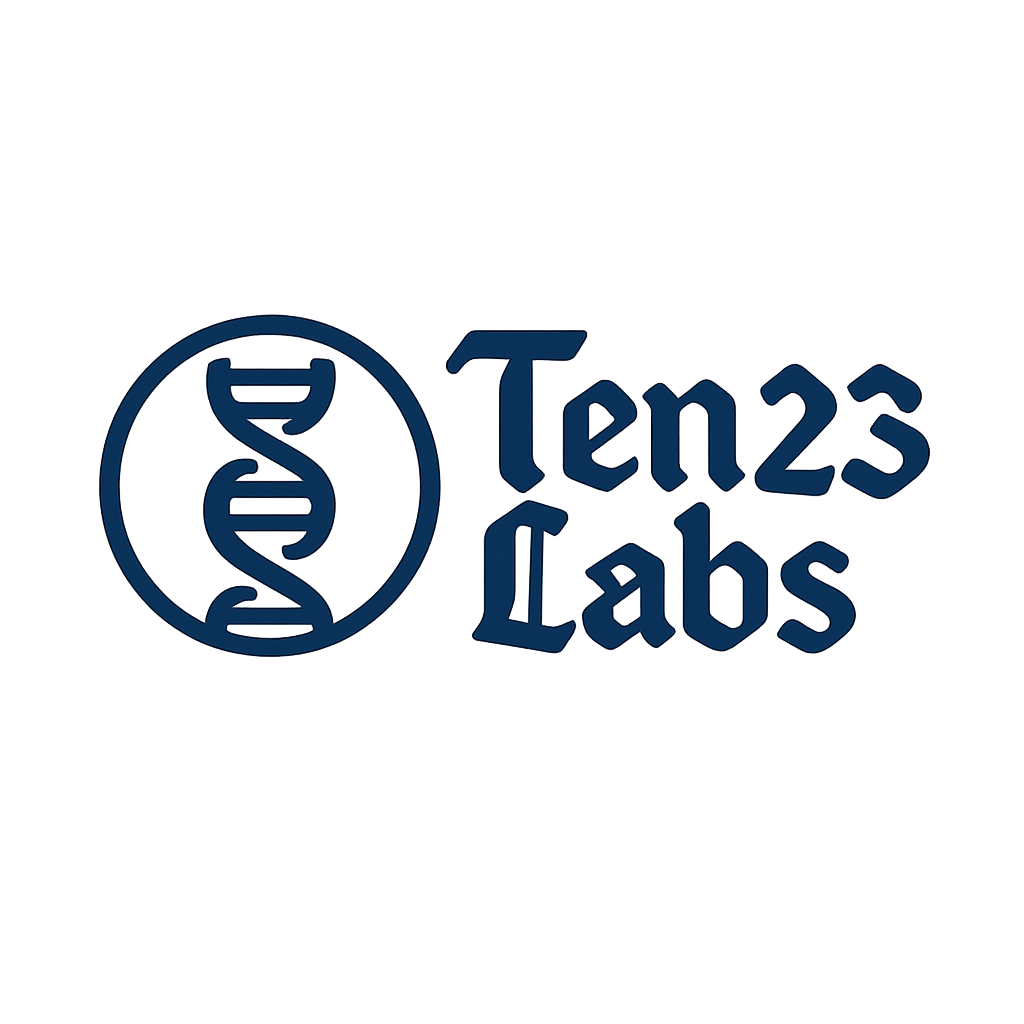
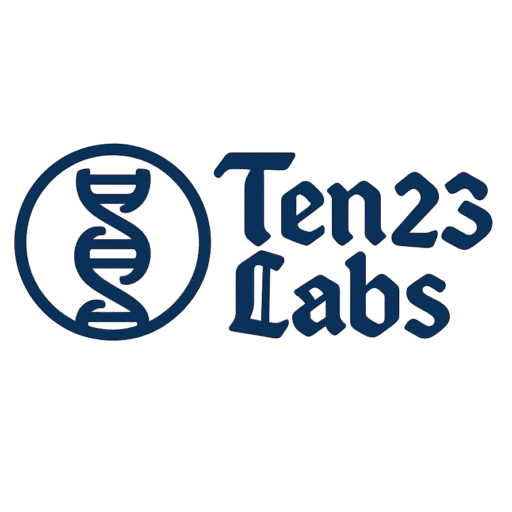
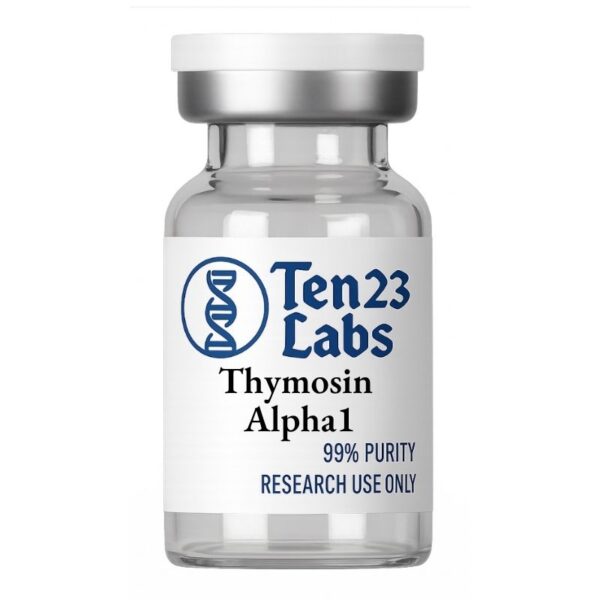
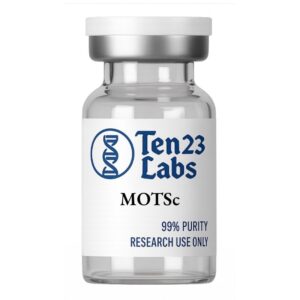
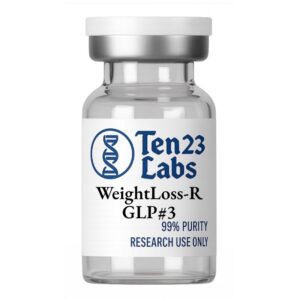
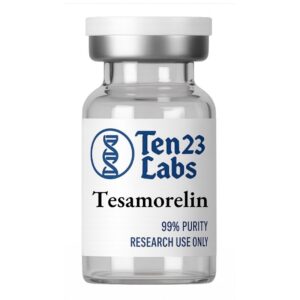
Reviews
There are no reviews yet.